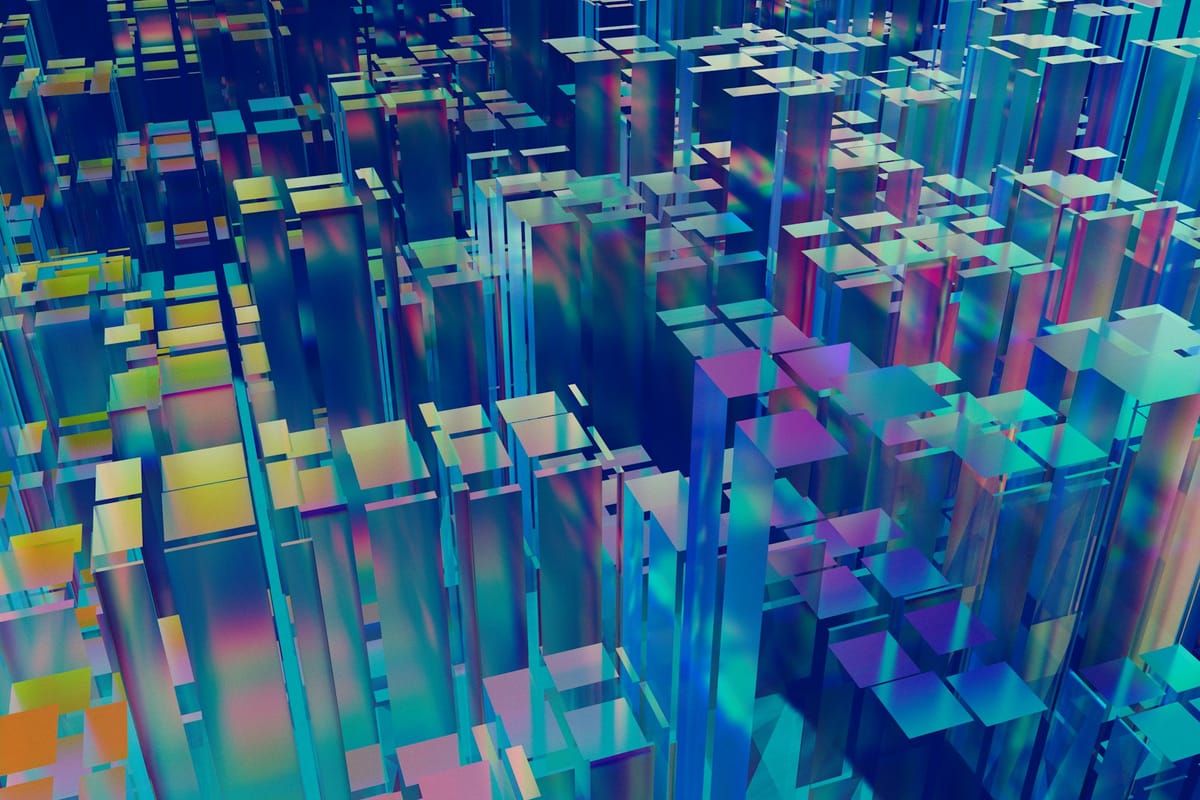algorithm overload

It's hard to imagine putting your decisions in the hands of a computer, but we already do.
We rely on GPS to navigate, social media to recommend content we love, and apps to find our next partner. Some people have pacemakers to help regulate heartbeats, literally handing your life to a computer.
Algorithms control vast portions of civilization, such as buying stocks, flying planes, setting insurance prices, and cooking food. The technology already exists for algorithms to drive cars and give better medical diagnoses than doctors (in some domains).
It's only time preventing computer doctors from becoming as commonplace as using dating apps to find your next match.
However, we still think and behave like we're in control.
We believe we have autonomy, but it's undisputable that algorithms are here and will only integrate further—perhaps even into our skin.
Soon, wearable technology may track hundreds of biomarkers in real-time and offer advice on sleep, exercise, nutrition, and emotional well-being.
Will we release our remaining control?
Instead of using Tinder, we might let algorithms plan dates without our input.
We may stop driving, preferring the statistical safety of self-driving cars to our shortcomings.
Proving that algorithms create better medical diagnoses could put our trust in their hands instead of doctors'.
It's hard to imagine this happening, but it seems possible, given the rapid development of algorithms and the speed they're integrating into our lives. In just the past two years, advancements in AI (a type of algorithm) have blown away our expectations.
It sounds somewhat dystopian, but algorithm overload will likely lead to happier humans—at least, I believe so.
What if you made every choice with perfect reasoning and zero bias? Wouldn't that lead to better decisions and a better life overall?
Algorithms replace human error with computational accuracy.
Self-driving cars don't text while driving; what if our entire conscious experience never "texted while driving"?